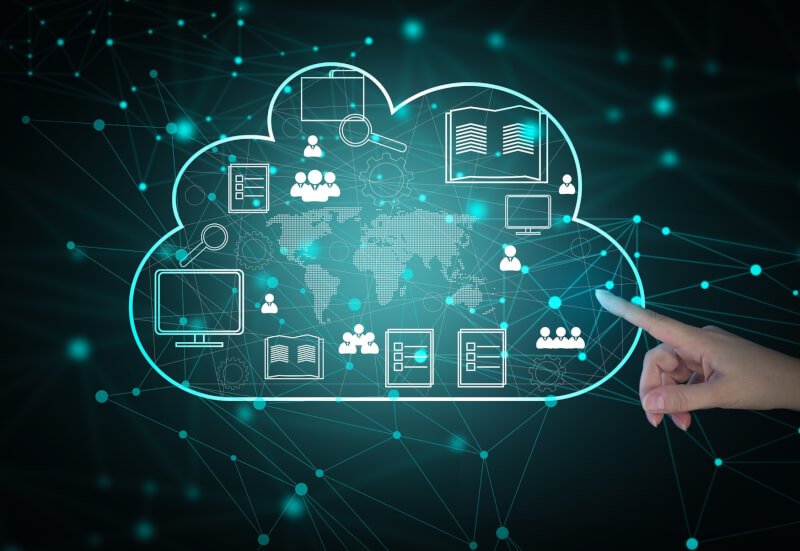Second Global AI Security Summit

Tesla mogul Elon Musk and OpenAI CEO Sam Altman will spend time with some of their fiercest critics at the upcoming AI Security Summit in Seoul. The meeting, which will be primarily virtual, has been co-hosted by Britain and South Korea and is expected to take place six months after the first summit.
While excitement about AI's potential has waned, questions have arisen about its limitations. Martha Bennett, senior analyst at research and advisory firm Forrester, points out that new approaches to AI security are needed. Questions about copyrighted material, data scarcity and environmental impact also appear to be too complex to be answered during this summit.
Although the organizers have promised a summit of the same caliber as the previous one, several of the most important participants have declined the invitation. However, this does not mean that the summit will not be valuable. Over the past six months, the focus has shifted from existential risk to the resources needed to drive AI's development. This includes the enormous amount of data needed to train large language models and the electricity that powers an increasing number of data centers.
Altman has even suggested that the future of AI depends on an energy breakthrough. But experts warn that may not be the best approach. "The mistake of giving the technology such a high expectation is inevitable," says Professor Jack Stilgoe of University College London. Although some key players will not be present, the summit is still expected to be an important step forward.
"The AI Seoul Summit will build on the momentum from Bletchley Park and achieve further progress in AI safety, innovation and inclusion," said a UK government spokesperson.
Latest software
-
28 Augsoftware
-
07 Augsoftware
Musk is suing OpenAI for focusing on profit
-
07 Augsoftware
OpenAI says goodbye to top managers
-
01 Augsoftware
Google AI systems achieve breakthroughs in mathema
-
29 Julsoftware
AMD Amuse: New AI graphics tool for Ryzen and Rade
-
26 Julsoftware
Logitech G announces MIXLINE
-
28 Junsoftware
Chinese AI company trains LLMs at Huawei
-
26 Junsoftware
ChatGPT desktop app for Mac is ready
Most read software
Latest software
-
28 Augsoftware
Google Meet's new AI feature takes notes
-
07 Augsoftware
Musk is suing OpenAI for focusing on profit
-
07 Augsoftware
OpenAI says goodbye to top managers
-
01 Augsoftware
Google AI systems achieve breakthroughs in mathema
-
29 Julsoftware
AMD Amuse: New AI graphics tool for Ryzen and Rade
-
26 Julsoftware
Logitech G announces MIXLINE
-
28 Junsoftware
Chinese AI company trains LLMs at Huawei
-
26 Junsoftware
ChatGPT desktop app for Mac is ready






